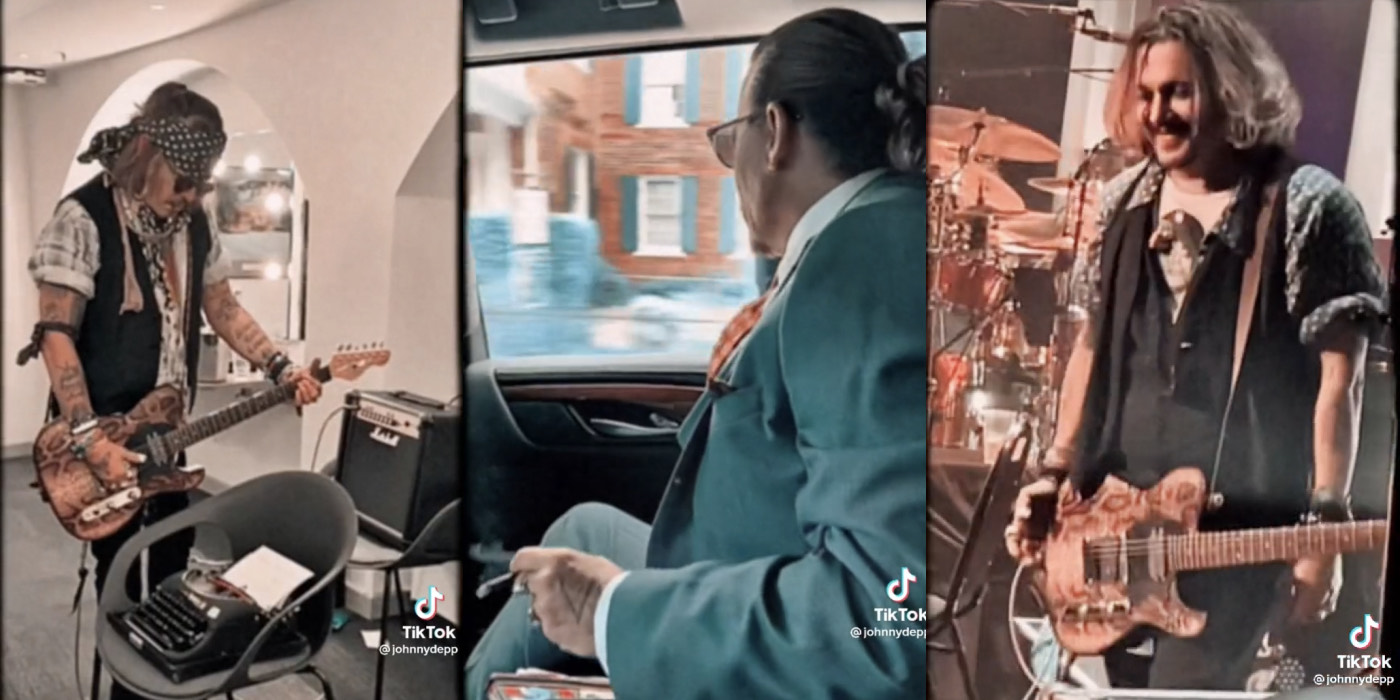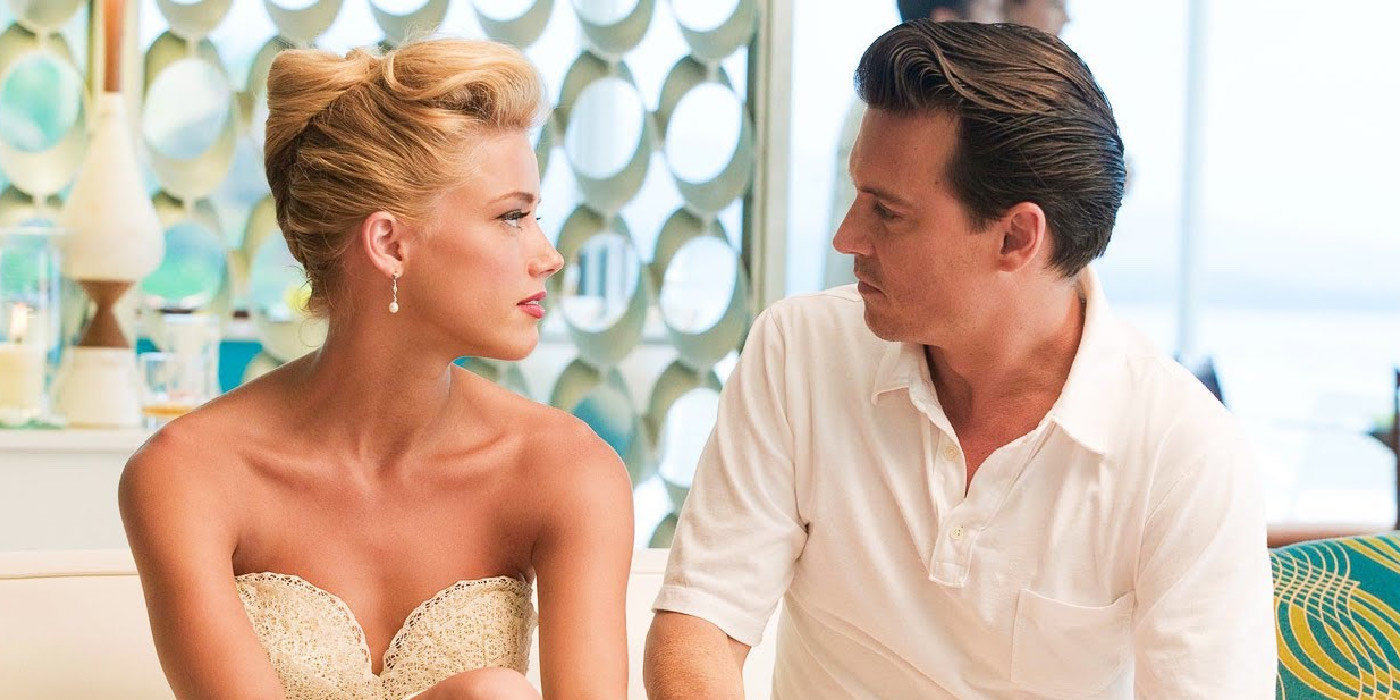
Johnny Depp has managed to amass over 4.4 million followers on TikTok in the space of a day - three million of whom followed him before he’d made a single post.
Depp, who won his defamation case against ex-wife Amber Heard less than a week ago, thanks his loyal fans for their unwavering support and positivity in his only video on the app. In his biography, the 58-year-old actor refers to himself as an “Occasional Thespian.”
Over a mix of videos showing him playing music and greeting fans outside court, Depp says: “To all of my most treasured, loyal and unwavering supporters. We’ve been everywhere together, we have seen everything together. We have walked the same road together. We did the right thing together, all because you cared.
“And now, we will all move forward together. You are, as always, my employers and once again I am whittled down to no way to say thank you, other than just by saying thank you. So, thank you. My love & respect, JD.”
A spokesperson for Amber Heard responded in a statement, saying, “As Johnny Depp says he’s ‘moving forward,’ women’s rights are moving backward. The verdict’s message to victims of domestic violence is … be afraid to stand up and speak out.”
A jury found last week that a 2018 article Heard wrote for The Washington Post about her experiences as a survivor of domestic abuse was defamatory and awarded $10.35m in damages to Depp. Heard won on one count of her counter-claim, arguing that Depp’s press agent defamed her by claiming her allegations were “an abuse hoax” designed to capitalise on the #MeToo movement. The jury awarded her $2 million in damages.

So why is Depp, a grown man - not to mention old school when it comes to social media - on TikTok? The app aided him in swaying public opinion. Today, social media bias is far bigger an influence than traditional media bias. The number of people who watch TV news each evening in America, for example, is about 18 million. The number of views of videos on TikTok with the hashtag #justiceforjohnnydepp is, at the time of this writing, over 18 billion.
The content, the sway, seems at odds with the previous libel trial held in the UK where the allegations that Ms Heard suffered domestic abuse were judged to be “substantially true”. In Virginia, the mere prospect of Heard’s smallest allegations were laughed off at every chance, before being re-packaged as content: Heard’s alleged crocodile tears, her teams apparent incompetence, dogs stepping on bees, faecal matter materialising on bedsheets. Forget about the stark reality of the topic at hand, how about Depp’s lawyer reacting to Heard name-checking Kate Moss?
Cyabra, an Israeli firm that tracks online disinformation, followed the Depp/Heard case for weeks. It analysed accounts that are spreading memes, videos and comments and tried to assess if they were genuine members of the public. The results were startling, according to the company’s spokesman, Rafi Mendelsohn.
“From the beginning of the trial, we were really interested to see what people are actually saying and how much of that conversation is driven by fake accounts,” he said. “We were amazed to see that actually nearly 11% of the conversation around the trial was driven by fake accounts, which is a very high number. To give some context, at any given conversation on average, we see maybe around 3 to 5% of the conversation involving fake accounts.

The problem lies in proving who’s behind the fake accounts. The one thing that is for sure is that this trend of fake accounts and the spam they dish out is stretching beyond the political sphere and heading to things as frivolous as celebrity court trials.
“When we talk about disinformation and fake accounts, very often people think about big geopolitical campaigns, elections, politics generally,” Mendelsohn continued. “But actually, what we’re seeing is anyone with a global or a public reputation is a brand online, whether that’s a celebrity or a consumer brand… there’s an increase in the number of inauthentic profiles, but it’s very difficult to know who is behind the fake accounts.”
Heard, who plans to appeal the verdict, said in a statement after it was revealed last Wednesday: “The disappointment I feel today is beyond words. I’m heartbroken that the mountain of evidence still was not enough to stand up to the disproportionate power, influence and sway of my ex-husband.
“I’m even more disappointed with what this verdict means for other women. It is a setback. It sets back the clock to a time when a woman who spoke up and spoke out could be publicly shamed and humiliated. It sets back the idea that violence against women is to be taken seriously.”